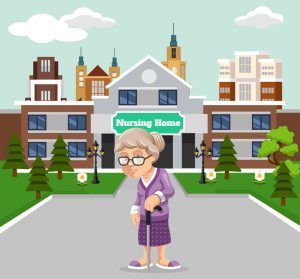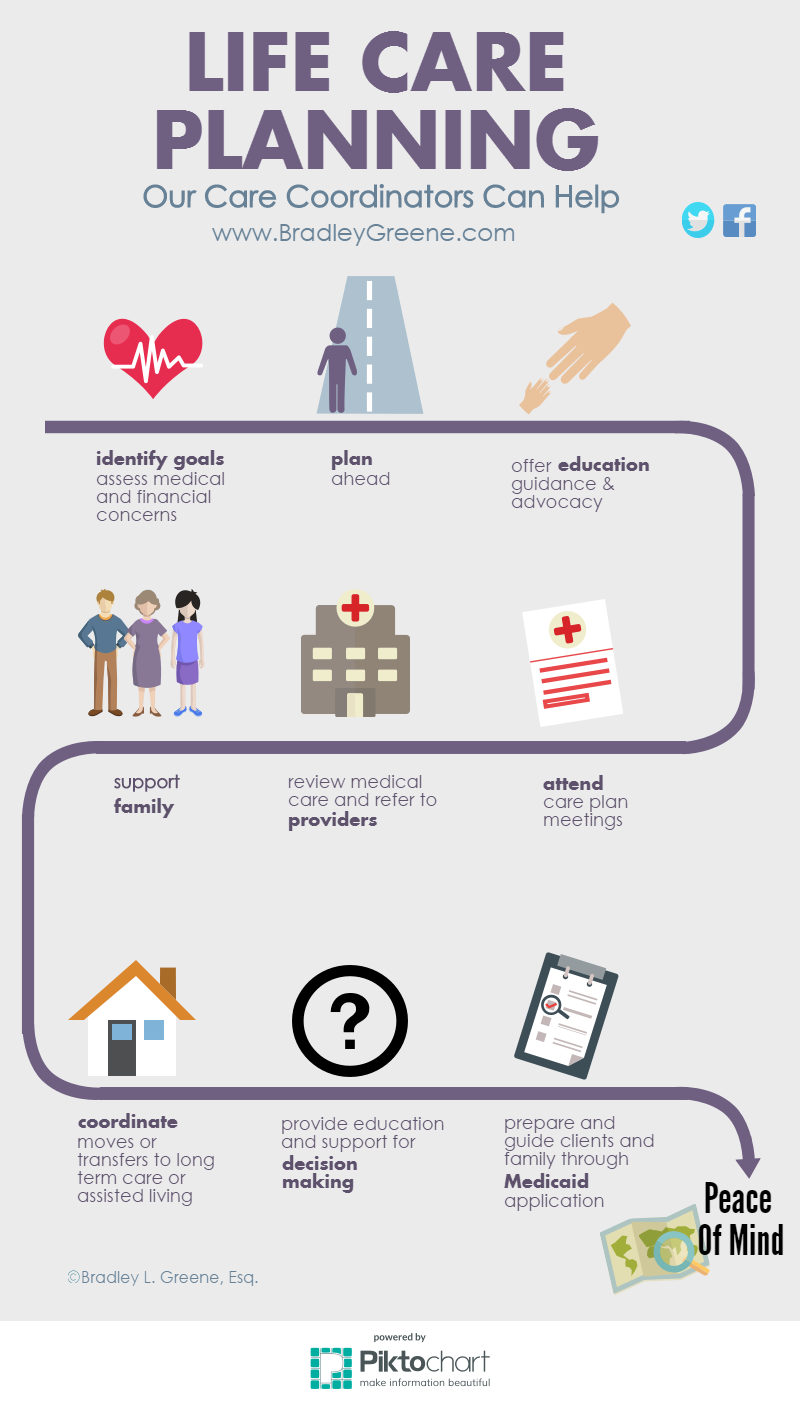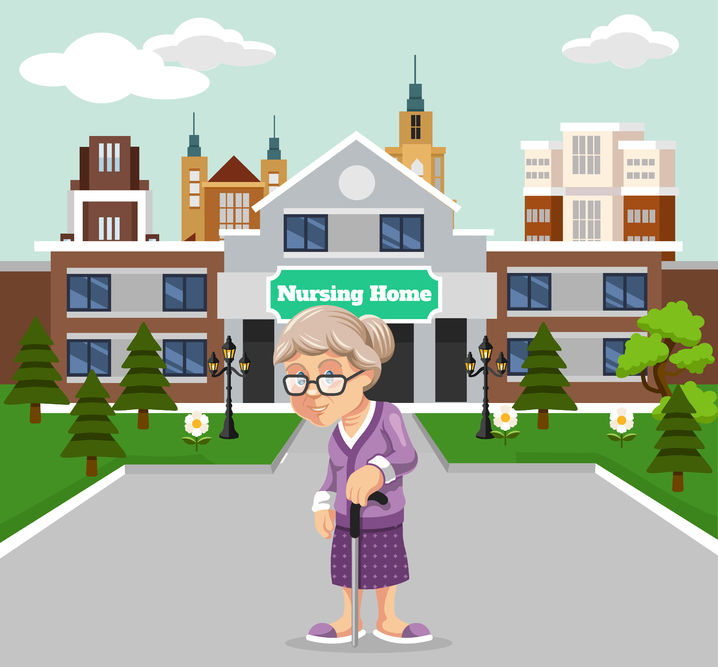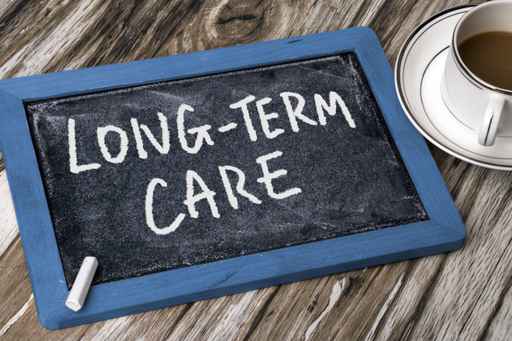Recognizing Elder Abuse: 4 Warning Signs

As Baby Boomers age, the 65-and-older crowd makes up the fastest growing age group in America, and incidences of elder abuse are on the rise. It doesn’t always look the way you would imagine, either. Elder abuse can take the form of physical abuse, sexual abuse, verbal abuse, neglect or financial abuse.
According to the Centers for Disease Control, “elder abuse is experienced by 1 out of every 10 people, ages 60 and older, who live at home. This statistic is likely an underestimate because many victims are unable or afraid to disclose or report the violence. Because the definition of elder abuse is so broad and its victims are often isolated, it can be difficult to detect and report. Abuse doesn’t always happen at the hands of a stranger, either.
Senior citizens with dementia are particularly at risk, because the behaviors associated with dementia can be difficult to handle at times and the person may not recognize that they are being abused or be able to speak up for themselves. It can also be highly stressful providing 24-hour care, so people who are the primary caregivers for someone with dementia or a lot of health needs may find themselves acting in a way that they wouldn’t have in the past.
Just like it takes a village to raise a child, it also helps to be an active community member when advocating for the rights and safety of our elders. The following are some of the most common indicators that someone might need advocacy or support:
- Unexplained physical injury – bruises, skin tears, abrasions, pressure marks. Pay close attention to explanations for the injury that don’t match the symptoms.
- Indicators of Neglect – poor hygiene, lack of groceries in the fridge, unexplained weight loss, dirty clothes, soiled undergarments, hoarding. If a person is cognitively impaired or mentally disabled, it is considered neglect if their family does not provide adequate care.
- Signs of verbal or emotional abuse – depression or withdrawal, strained relationship with the caregiver, forced isolation, nervous or fearful behavior, hearing a caregiver yell, snap or be harsh with them. Isolation and controlling behavior is a hallmark of this type of abuse, in an attempt to hide the situation from other people.
- Financial abuse or exploitation – probably the most common and unrecognized form of abuse. Red flags include unpaid bills, increased use of credit cards, overly friendly relationship with a stranger or acquaintance, more frequent withdrawals of cash, unexpected changes to Power of Attorney and banking. There are also predatory sales practices and schemes that directly target senior
What can you do if you suspect abuse? If you feel someone is in physical danger, the National Center on Elder Abuse recommends calling 911. If you suspect other forms of abuse, you can report them to Adult Protective Services. The phone number in Cuyahoga County is 216-420-6200. This is a central intake line, the same one that is used for Child Protective Services. If the person you are concerned about is in a facility, then report the issue to the Administrator, Director of Nursing and/or local Ombudsman.
If you’re not sure whether to be concerned, please don’t hesitate to call our offices and someone can help you assess the risk. When it comes to any form of abuse – it’s always better to err on the side of safety. When it doubt, we encourage you to talk through your concerns with someone you trust who has objective knowledge of the situation.





